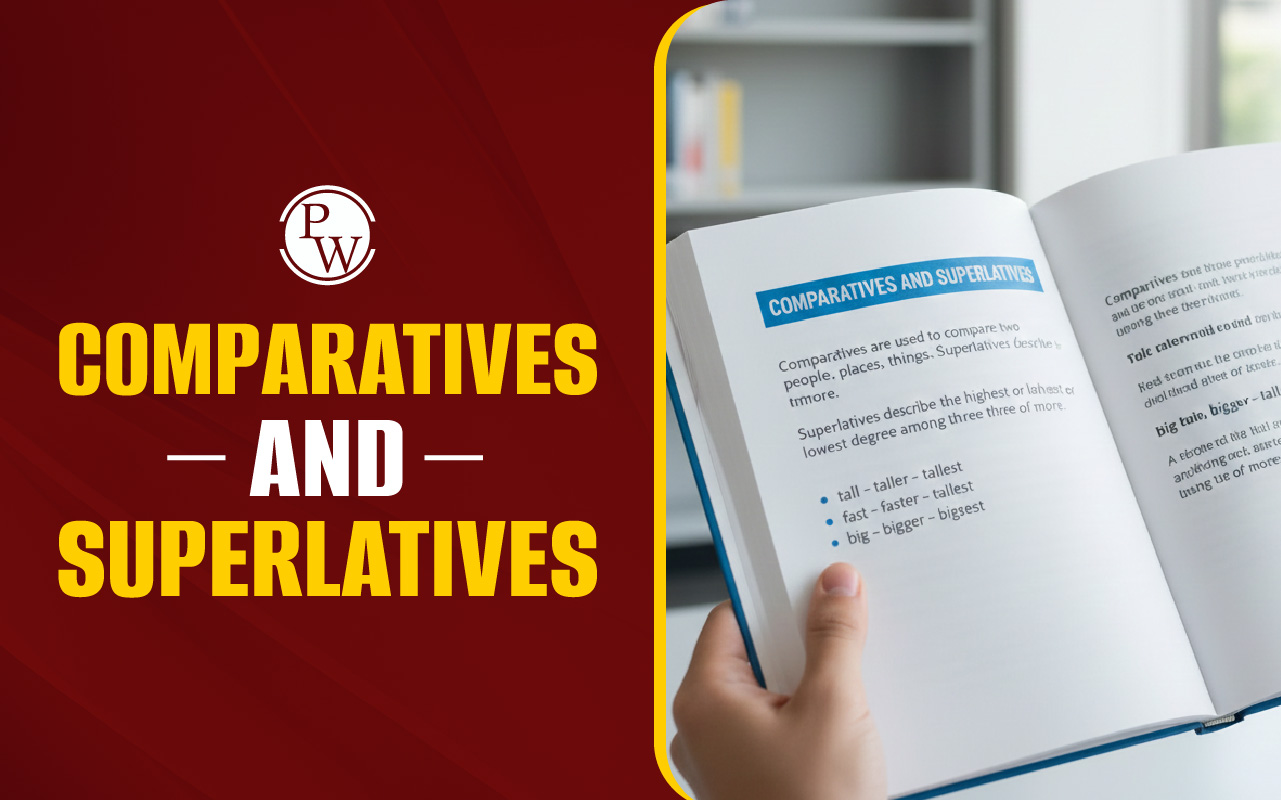
UK Minimum Wage Per Hour: The United Kingdom is known for its rich history and lively culture, offering many chances for work and study. If you plan to move to the UK for school or a job, it’s important to understand the UK Minimum Wage Per Hour. The minimum wage can change based on your age and the type of job, so job seekers need to know these details.
There are many job opportunities in the UK, both full-time and part-time, across different industries. International students, including those from India, should know about the UK Minimum Wage Per Hour to help them make smart choices. The article below explains the UK Minimum Wage Per Hour for both part-time and full-time jobs and offers information about pay in various sectors to guide future employees.
What is UK Minimum Wage Per Hour?
The UK Minimum Wage Per Hour is the lowest amount employers must pay their workers by law. The UK government sets this wage and can change it based on factors like the worker's age and job type (for example, whether they are an apprentice or a full-time employee). The government checks and updates these rates every year to ensure fair pay, considering the cost of living and the economy.
UK has set up laws for minimum wage rates that vary based on age and employment status. The two main parts of this system are the National Minimum Wage (NMW) and the National Living Wage (NLW).
- National Minimum Wage (NMW) : This is the minimum pay per hour that most workers in the UK are entitled to by law. It applies to workers under 21 and apprentices.
- National Living Wage (NLW) : This is a higher rate that applies to workers aged 21 and over. It is designed to ensure that workers can maintain a basic standard of living.
The UK has many job opportunities, both full-time and part-time, in different fields. For people moving to the UK, understanding the minimum wage is useful for planning their finances and their job search.
Also Check:
UK Minimum Wage Per Hour For International Students
UK Minimum Wage Per Hour applies equally to international students as it does to UK nationals. This means that no matter your nationality, you will receive the same minimum wage rates as other workers in the UK. As of April 2024, the minimum wage rates are as follows: £12.12 per hour for those aged 21 and over, £10.00 per hour for those aged 18 to 20, and £7.55 per hour for those aged 16 to 17.
International students can work part-time during their studies, with a limit of up to 20 hours per week during term time and full-time during holidays. This is a great chance to gain work experience and earn money while studying. However, it’s important to check your visa conditions, as some visas may have specific limits on how many hours you can work.
UK Minimum Wage Per Hour in Part-Time Jobs
UK Minimum Wage Per Hour for part-time jobs depends on the worker's age. As of April 2024, the rates are:
| UK Minimum Wage Per Hour in Part-Time Jobs | |
| Age Group | Minimum Wage Per Hour |
| 21 and over | £12.12 |
| 18 to 20 years old | £10.00 |
| 16 to 17 years old | £7.55 |
| Apprentices | £7.55 |
These rates will increase on April 1, 2025, with the minimum wage for those aged 21 and over rising to £12.21 per hour.
For international students, part-time jobs are a great way to gain work experience and earn extra money while studying. The UK has many part-time job opportunities in different fields, both on-campus and off-campus. It's important to check your visa conditions, as some visas may have specific limits on how many hours you can work.
Common Part-Time Job Roles in UK
The following are some common part-time job roles in the UK and their average monthly salaries:
| Part-Time Job Roles in the UK | |
| Job Role | Average Salary Per Month |
| Delivery Driver | £2,276 |
| Sales Assistant | £1,758 |
| Bar Staff | £1,666 |
| Teaching Assistant | £1,499 |
| Warehouse Operative | £1,384 |
| Cleaner | £1,200 |
| Cafeteria Assistant | £1,100 |
| Retail Assistant | £1,050 |
| Nanny | £1,000 |
| Cashier | £950 |
Note: These figures are approximate and can change based on factors like location, experience, and specific job requirements.
UK Minimum Wage Per Hour in Full-Time Jobs
Full-time employment in the UK usually means working 35 to 40 hours per week, depending on the employer and industry. Full-time workers enjoy various benefits, such as paid leave, pension contributions, and sometimes additional perks like bonuses or healthcare.
Salaries for full-time jobs can vary widely based on the industry. Here’s a summary of average annual salaries in different sectors:
| Full-Time Job Roles in UK | |
| Job Roles | Average Annual Salary (£) |
| Finance and Insurance | £50,000 - £70,000 |
| Information Technology | £40,000 - £65,000 |
| Healthcare | £30,000 - £55,000 |
| Education | £25,000 - £45,000 |
| Retail | £20,000 - £30,000 |
| Software Engineer | £4,500 |
| Marketing Manager | £3,800 |
| Nurse | £3,200 |
| Teacher | £3,000 |
| Customer Service Manager | £2,800 |
Full-time jobs in the UK provide a steady income and various benefits that improve quality of life. The minimum wage structure ensures that all full-time employees receive fair pay based on their age and experience. As the job market changes and salaries increase with the economy, full-time roles remain an important part of the UK workforce.
Also Check:
- Universities in UK for Indian Students
- Courses in the UK for Indian Students
- Diploma Courses in UK for International Students
- PhD in UK for Indian students
Benefits of Full-Time Employment in the UK
Full-time employees in the UK enjoy several advantages:
- Paid Leave : Full-time workers are entitled to at least 28 days of paid leave each year, which can include public holidays.
- Pension Contributions : Employers must contribute to a pension scheme for eligible employees.
- Job Security : Full-time positions often provide more job security than part-time or temporary jobs.
- Career Development : Many full-time jobs offer opportunities for professional growth and advancement.
UK Minimum Wage Per Hour in Different Sectors
UK minimum wage varies by sector, showing the different types of work and the varying skills and responsibilities needed. Understanding these rates is important for both employers and employees to ensure fair pay.
| UK Minimum Wage Per Hour in Different Sectors | |
| Sector | Minimum Wage (per hour) |
| Retail | £12.21 |
| Hospitality | £11.00 |
| Healthcare | £13.00 |
| Education | £12.50 |
| Construction | £12.00 |
| Manufacturing | £11.50 |
| Transport | £12.50 |
| Administration | £12.00 |
These amounts are approximate and can change based on factors like location, experience, and individual employers.
UK Minimum Wage Per Hour After Tax
UK Minimum Wage Per Hour is the lowest amount that employers must pay their workers by law. However, the actual money you take home after taxes can change based on several factors, including income tax, National Insurance contributions, and other deductions like student loans or workplace pensions.
The table below provides general overview of the UK minimum wage rates and their estimated after-tax take-home pay for a full-time job (assuming a 40-hour work week):
| UK Minimum Wage Per Hour After Tax | ||
| Age Group | Minimum Wage (per hour) | Approximate Monthly Take-Home Pay |
| 21 and over | £12.21 | £1,632 |
| 18 to 20 | £10.00 | £1,360 |
| Under 18 | £7.55 | £1,020 |
| Apprentice | £7.55 | £1,020 |
These amounts are estimates and can vary based on individual situations, like where you live, specific deductions, and tax codes. For a more accurate calculation, it’s a good idea to use an online salary calculator or talk to a tax professional.
Also Check:
- Study Masters in UK
- Exams Required to Study in UK
- Cost of Living in UK for India Students
- MBA in UK for Indian Students
Expected Changes in UK Minimum Wage Per Hour
There are several predictions about changes to the UK minimum wage per hour. The following are the main points to note:
- Rise in the UK Living Wage : There may be an increase in the UK Living Wage, which is meant to provide workers with a fair standard of living. The government might consider linking the minimum wage to the Living Wage to help ensure that all workers earn a basic income. This change could improve earnings and reduce income gaps across sectors.
- Economic Growth and Inflation : The government might adjust the minimum wage to keep up with inflation and economic growth. This adjustment is important to ensure that wages reflect the rising cost of living.
- Industry-Specific Changes : Some industries may need different wage rates due to unique challenges or skill requirements. This approach acknowledges that not all jobs are the same and aims to compensate harder-to-fill positions fairly. Customizing the minimum wage can support industry growth while protecting workers’ rights.
- Specific Wage Increases : For those aged 21 and over, the minimum wage is expected to increase from £11.44 to £12.21 per hour (a 6.7% rise). For 18 to 20-year-olds, it will rise from £8.60 to £10.00 per hour (a 16.3% increase). For 16 to 17-year-olds and apprentices, the minimum wage will increase from £6.40 to £7.55 per hour (an 18% rise).
These changes are part of the government's plan to ensure that workers are paid fairly for their work. The Low Pay Commission (LPC) has recommended these rates after reviewing various economic factors and consulting with employers and workers.
| IELTS Exam Other Related Links | |
|---|---|
| IELTS Registration | IELTS Eligibility Criteria |
| IELTS Mock Test | IDP IELTS Test Centers |
| IELTS Cut Off | IDP IELTS Slot Booking |
UK Minimum Wage Per Hour FAQs
What is the minimum wage for 1 hour in the UK?
Is $15 an hour good in the UK?
How much is the UK paid per hour?
Is 25 pounds an hour good?
What is a low salary in the UK?










